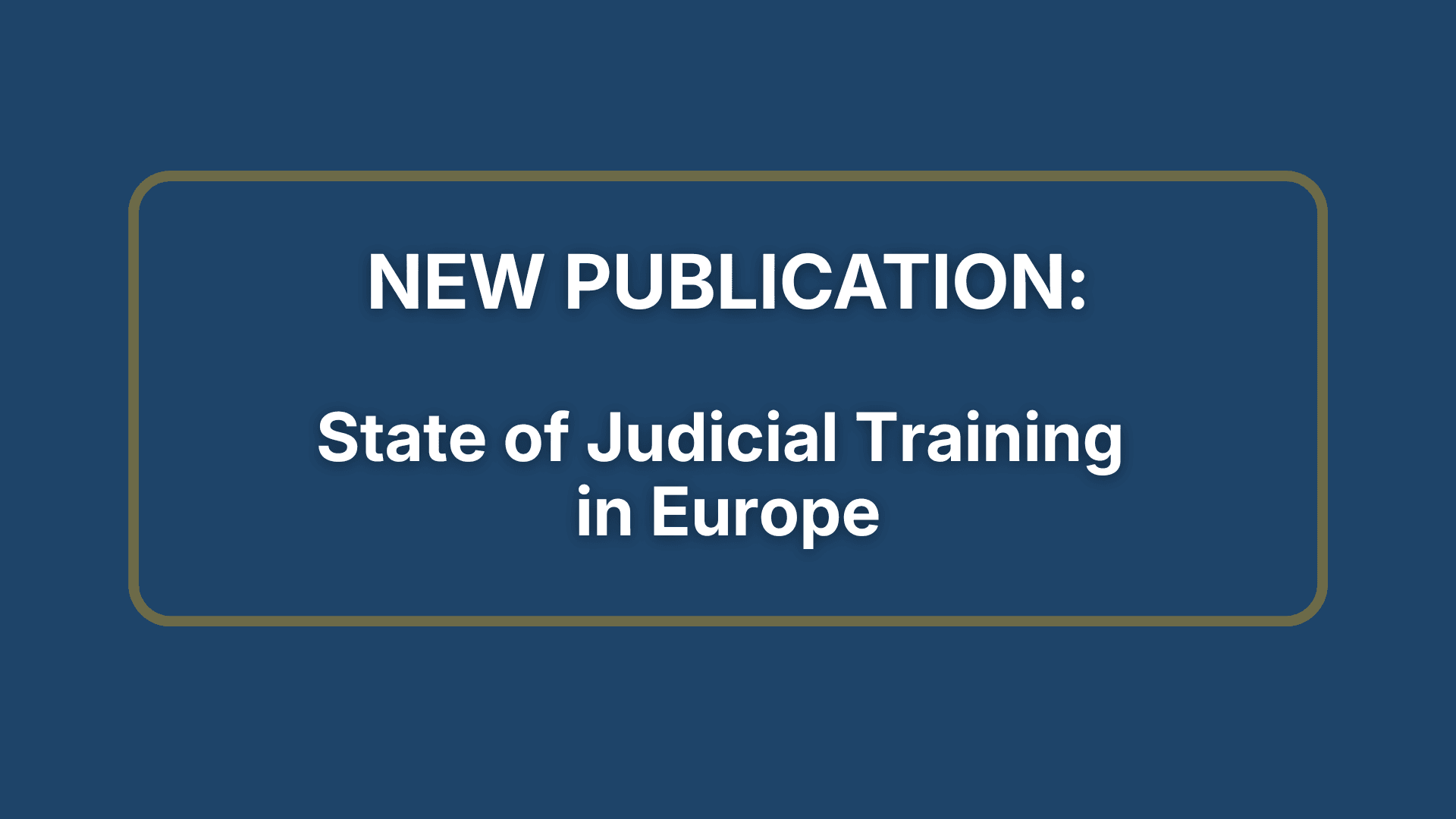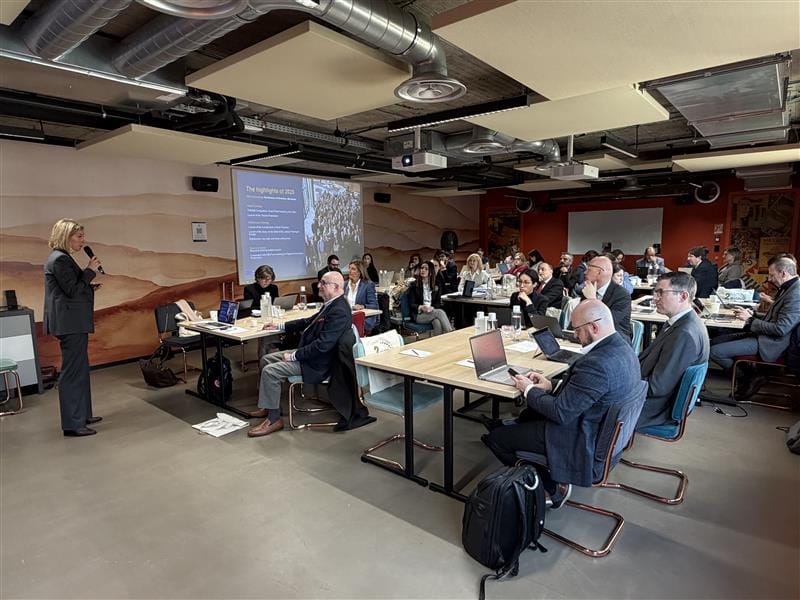The EJTN “Pilot Action on Judicial Training” is pleased to announce a new round of calls for experts in judicial training who will support the development of training on EU law in the Republic of Serbia and the Republic of Montenegro:
- Training of Experts on EU Administrative Law at the Judicial Academy of Serbia (JA);
- Training of Experts on EU Charter of Fundamental Rights at the Judicial Academy of Serbia (JA); and
- Training on EU Intellectual Property Law at the Centre for Training in Judiciary and State Prosecution of Montenegro (CTJSP).
The selected experts will lead the process of design and implementation of the seminars from September to December 2024.
The seminars are part of a larger EJTN-supported judicial training programme on the EU acquis, which is based on training needs assessments conducted by the JA and CTJSP with EJTN support in 2022-2023. You can read more about the training needs assessment process and associated conclusions here: EJTN releases Training Needs Assessment reports, providing new insights for better EU law training in the Western Balkans.
The programme(s) aims to support the judicial training institutions in Serbia and Montenegro to train and accredit a core group of trainers on EU law and contribute to the establishment and continued advancement of national networks of experts for adherence to European standards in both countries.
A consistent approach is being adopted within the framework of the programme(s) and should be upheld by the Experts appointed to the Project.
More information about the training programme(s), the expert’s tasks and responsibilities, as well as on the application process can be found here:
- Call for Experts – Training on EU Administrative Law (Serbia)
- Call for Experts – Training on EU Charter of Fundamental Rights (Serbia)
- Call for Experts – Training on EU Intellectual Property Law (Montenegro)
- Description of Training Programme on EU acquis
All applicants are invited to send their applications directly to EJTN via email ([email protected]) by 18 July 2024 – 17.00 CET.
The training is implemented in the context of the Pilot Acton on Judicial Training (IPA/2021/425-032), which is funded by the European Commission’s Directorate General for Neighbourhood and Enlargement Negotiations (DG NEAR).




